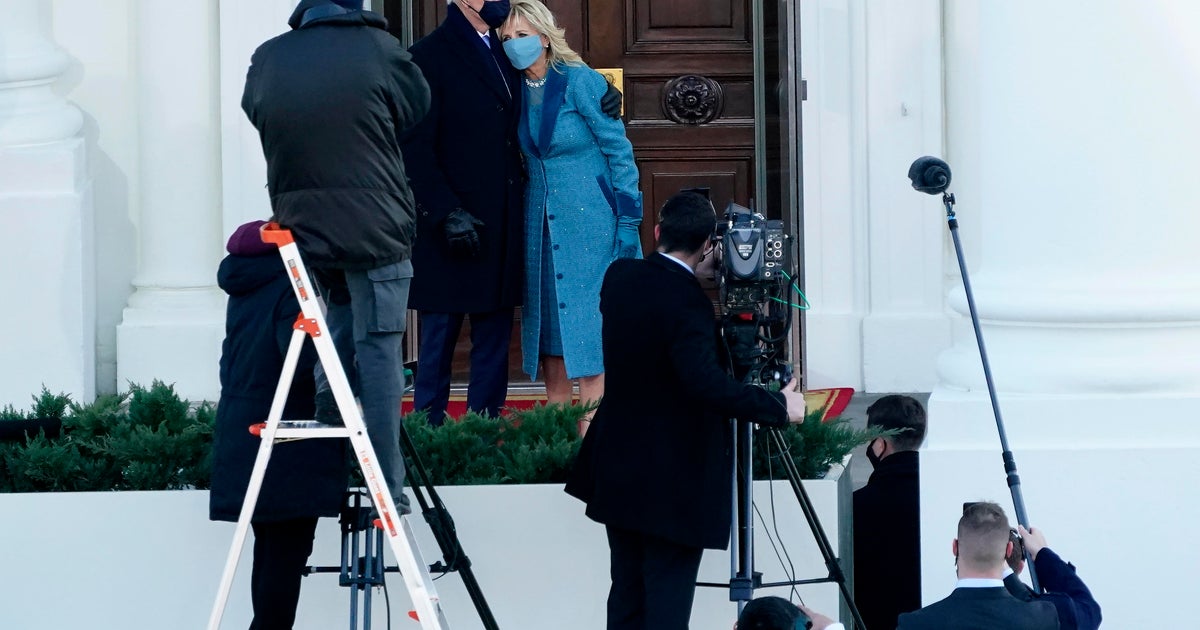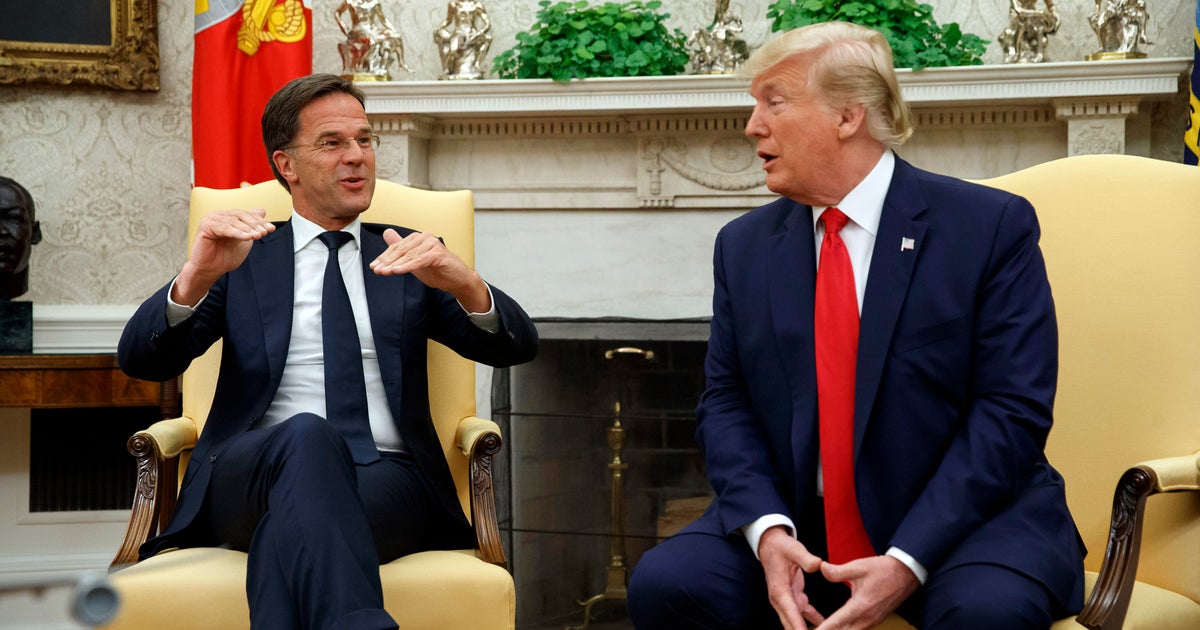Pakistan's foreign minister says his country is fighting terror
With the United States' relationship with Pakistan becoming increasingly strained, the Foreign Minister of Pakistan, Khawaja Muhammad Asif, visited Washington, D.C. for meetings with White House National Security Advisor H.R. McMaster and Secretary of State Rex Tillerson on Thursday.
In a meeting afterward with reporters, Asif said that he told McMaster and Tillerson that Pakistan has a "diminishing" influence on the Taliban, its one time ally. It is "not as much as it used to be" since a U.S. drone strike took out a major Taliban leader earlier this year, he told reporters. Instead, he said countries like Russia may have a bigger influence on the Taliban.
There have been reports of the Russians backing the Taliban, and those reports were not refuted by the top US General in Afghanistan last April. Afghanistan's future was discussed when Tillerson visited Russia earlier this year, but the Secretary of State has never alleged that Russia is directly backing the Taliban.
When Tillerson traveled to Russia earlier this year Afghanstan's future was discussed, though Tillerson has not pointed to Russian backing the Taliban.
Asif also drove home a familiar point: don't blame Pakistan alone for the violence in Afghanistan and the region. He pressed that his country has been "single mindedly" taking out terrorists for the last few years. He also offered to bring reporters to Pakistan to show them that there are no longer terrorist cells.
"Tell the address to us when we are going in the helicopter. Don't tell the address to us beforehand," Asif said, asking reporters to bring the coordinates of alleged terrorist cells. "You should come out with us, and we bomb the place."
Earlier this year, when President Trump gave a speech outlining US policy for Afghanistan, Trump hammered Pakistan for offering "safe havens to terrorist organizations" and for supporting militants in Afghanistan. Tillerson followed up by saying that US support for Pakistan would hinge on that country's ability to "deliver results" in terms of regional stability.
Mr. Trump has also called for India to play a greater role in charting the future of the region. Pakistan was particularly frustrated with the notion of inviting India — it's regional adversary — to engage. Those worries have been contained for the time being, as Asif has been assured that India's involvement would not come at the "expense" of Pakistan.
The US, however, has not showed signs of taking the pressure off of Pakistan. Earlier this year the State Department has put a pause on $255 million in military aid for Pakistan, out of the $1.1 billion in aid that had been appropriated for the country by Congress in 2016.
This week, the US renewed this hardline approach. Pakistani intelligence "has connections with terrorist groups," explained General Joseph Dunford, chairman of the Joint Chiefs of Staff, in a hearing on Capitol Hill. In that same hearing, Secretary of Defense James Mattis declared that the US would work with Pakistan "one more time" on efforts to counter terrorism.
"If our best efforts fail, President Trump is prepared to take whatever steps are necessary," Mattis told members at a House Armed Services Committee hearing this week. Asif said that is "no way" to talk a partner, insisting Dunford should reveal the location of the terrorist groups Pakistan allegedly supports.
Asif says that Tillerson and McMaster pressed him for cooperation, though he did not give details on what Pakistan is expected to do specifically. Asif insists that his county is already cooperating, and that the cooperation will continue. And although Pakistan rejects being cast as a haven for terrorists, the county has not done anything to cut off their intelligence or military relationship with the US.
"Pakistan is not a 100 percent peaceful but as compared to 2012, 2011, or 2013 Pakistan it is a peaceful place," he said, noting that business are coming back to the country. "Success which others have not achieved."
Asif also sought to turn the tables, noting that the US has been in Afghanistan for 16 years and has yet to establish peace.
"Hollow allegations are not acceptable," Asif said.



